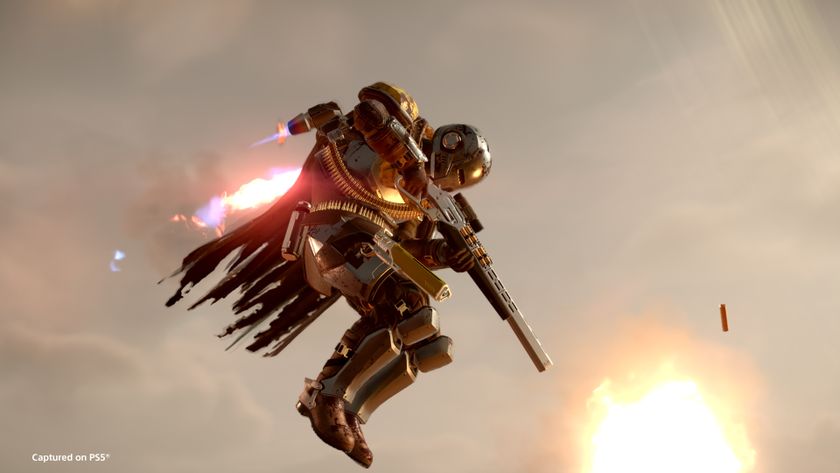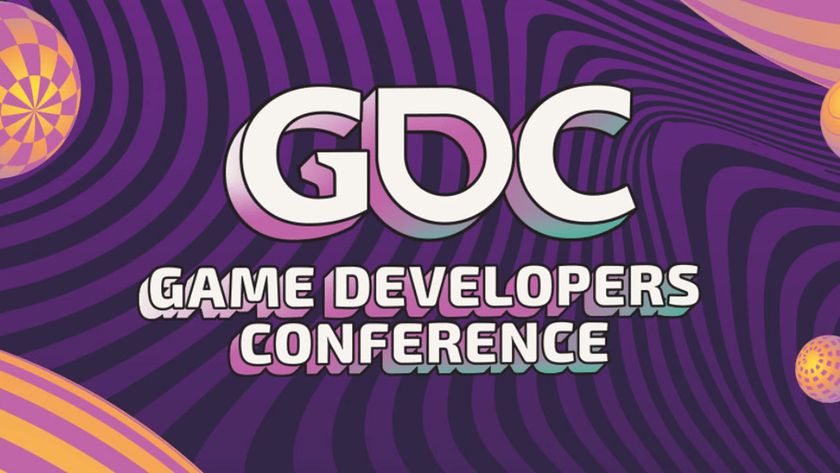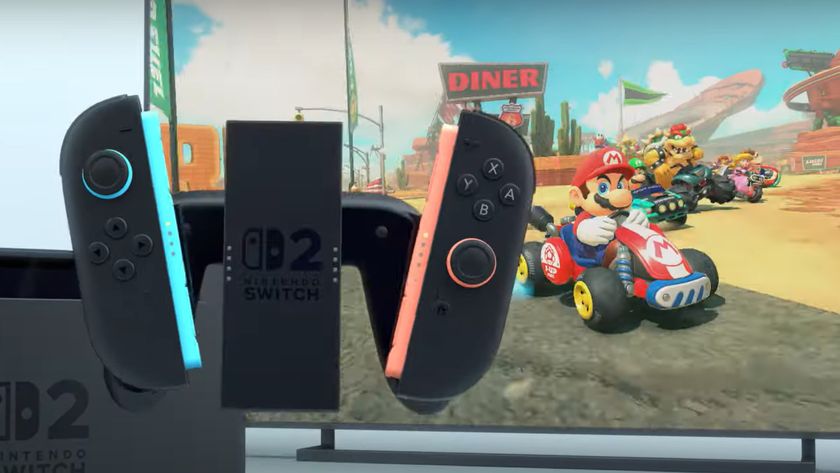Game jobs you may already qualify for
Five new, non-tech careers that could get you involved – and paid – in the industry you love
There’s never been a better time to get into the industry. While it’s true that once upon a time an aspiring bedroom coder could be flown to California for his talents, it was a different kind of glory from that which games enjoy now.
We all know the industry is growing, but you might not realise the scale. Here come the stats: In 2002 the global value of the games industry was a little over $20 billion. By 2008 it was $50 billion. Market analysts believe the total value of the industry by 2012 will hit $70 billion. Last year 27% of every US entertainment dollar was spent on videogames, and those games were played by 58% of the US population aged 13 and over. That’s an increase of six million gamers in one year in America alone – six million new gamers who enjoyed cutting down their very first Orc, or creating their first Sim. In the last four years, the number of people who pay to play online games has tripled. And finally, the gender split is being balanced. Now more women older than 18 play games than boys younger than 17.

Above: Might have something to do with the Wii's global domination. Just look at those sinister bastards
That growth means increased demand for coders, publishers and artists, but it has also created new positions. Non-tech or design roles that require other kinds of specialised knowledge. There are more ways than ever to get into the games business, and given that the industry resembles less a ladder you climb than a Chutes and Ladders board, there’s no reason to think following one path won’t lead to another.
We’ve looked into five new jobs you might never have considered and interviewed one bright and well-fed example from each. Meet the Community Manager, the Games Market Analyst, the In-Game Advertiser, the Public Relations guru and the Academic. They all work at play.
The community manager
What you thinkthe job is: Banning people, posting announcements, banning people, receiving abuse, banning people, wishing you had a single fan that could employ correct grammar and wasn’t also unbearably snide, banning people.
What it really is: Creating and maintaining a network of fans as you would a delicate garden, and helping people to help you spread the word about your game. Gamers have never been more net-literate than they are today, and what use is a great game if nobody knows about it?
Sign up to the 12DOVE Newsletter
Weekly digests, tales from the communities you love, and more
Who already has the job: Aleksey Luchin
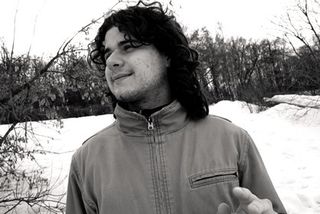
Luchin,from Russian development studio Ice-Pick Lodge, is the cool-headed figure responsible for spreading awareness of his company’s divisive games across the Internet. His site: www.ice-pick.com
How would you describe your job, in your own words?
Luchin: "While my profile in Ice-Pick Lodge involves programming and translations, I’m also the connecting link between the team and the fans. Basically, it means I sit on the forums a lot and talk."
How did you get into it? And what qualifies you to do it?
"I’m one of the few happy people that knew what they wanted to do in life since childhood... I was raised on wonderful games such as Vangers and decided that I had to become a game developer.
"My fate with Ice-Pick Lodge was decided at KRI [the Russian equivalent of GDC, the Game Developers Conference]. I saw the Ice-Pick Lodge stand and scared the hell out of them with my enthusiasm. The final blow was Nikolay Dybowskiy [head of Ice-Pick Lodge]’s lecture ‘At the steps of a bone hut, or how games become art.’ It was about computer games being a possible form of initiation, or a catalyst for catharsis. The same day I offered to help moderate the forums. Since that was something I would have happily done just for myself I found I could engage in a dialogue with the fans like I normally would, and that’s what earns trust. So it wasn’t long before we’d gathered a strong community.
"That’s the one thing you have to keep in mind, when talking to fans – never cross a line and make dialogue between ‘you’ and ‘them.’ As important as things like technical support are, you must never give the impression that you lack soul."
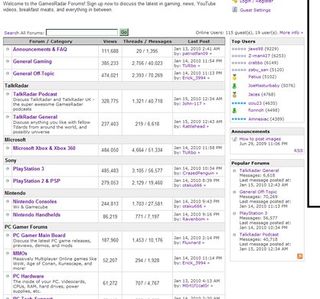
Above: Look familiar? Our own Features/Community Editor,Tyler Wilde, keeps you miserable sops in check (and writes funny-ass features)
Do you ever feel manipulative in your quest to increase your games’ profile by word of mouth? Machiavellian, even?
"No, I’m more of a Malkavian type. For example, when The Void was first released in Russia it quickly appeared on torrent sites. Piracy is a common issue in Russia and most of the time it’s useless to fight against it, so I decided to join the discussion of the game on the tracker forum, answering questions and encouraging people to buy the game if they liked it. It was no surprise that 95% of the people there were decent and many claimed to have bought the game afterwards – only a very low percent of torrent users wouldn’t support a product they liked."
What makes a good community manager? What good habits should readers who like the sound of your job cultivate?
"A good community manager must always know the games at least as well as a devoted fan, in addition to understanding the goings on of the development. You must be able to support a dialogue with the player on 99% of the common subjects, be it technical difficulties, problems with a walkthrough or Easter eggs. The second rule you must follow: respect your players. You won’t believe how often I’ve stumbled upon community managers who forget that players are normal people too. The key to doing any job right is pretty simple – remember that you’re doing your work to bring positive emotions to other people, whether you’re making a game or a hotdog. When you keep this in mind, and think of how you would like to be treated, you’ll never be wrong."
Has doing this job affected your faith in gamers and the industry?
"The only negative side of working in game development is how your eye gets caught on obvious design flaws, things that might have escaped you as intentional decisions before."
During a bizarre accident involving a server and a spilled cup of coffee your consciousness leaves your body and becomes one with the internet. You are a superhero of online community management! What powers would you most like to have?
"The ability to instantly cool beer with a touch of my hand."
